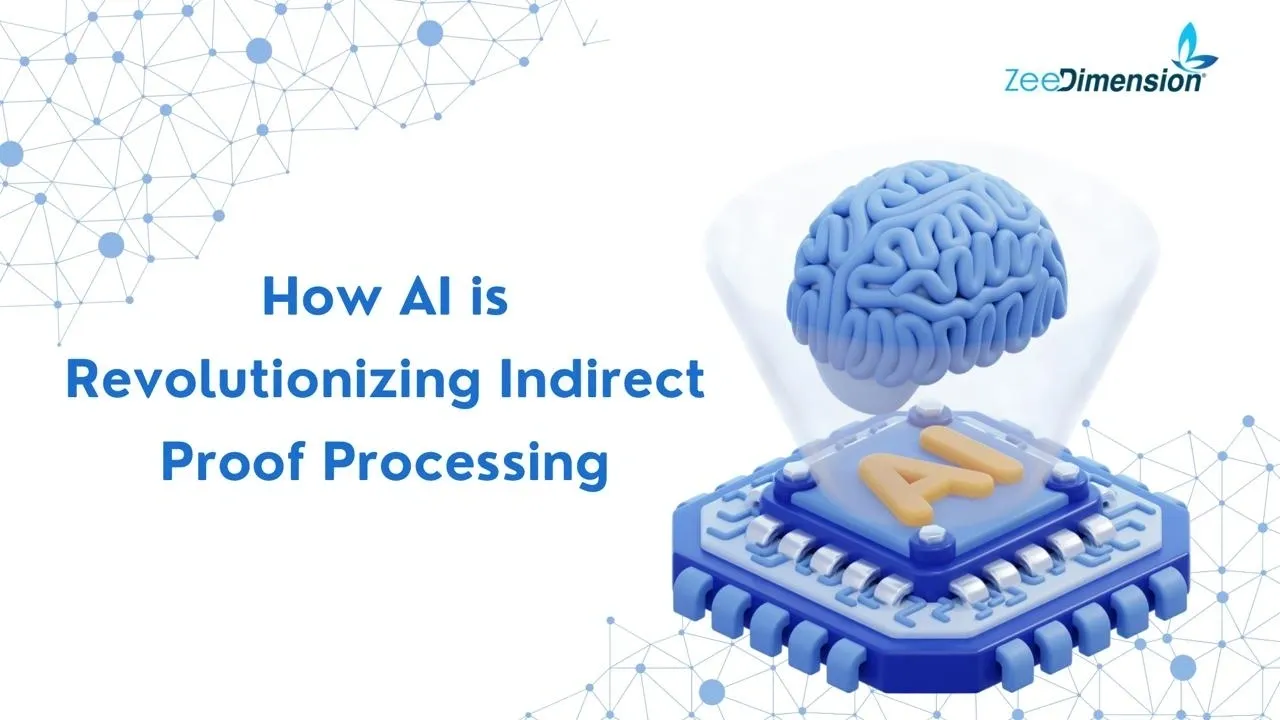
Learn how AI identifies contradictions to enable smarter decision-making.
What is Indirect Proof?
Indirect proof, or proof by contradiction, assumes the opposite of a statement and shows it leads to a contradiction, proving the original claim true. AI enhances this method, making reasoning faster and more efficient across fields.
AI in Fraud Detection
AI in fraud detection works by analyzing transactions for inconsistencies. If a customer denies a $10,000 transfer, AI verifies device logs, geolocation, and authentication records. If data contradicts the claim, AI flags the transaction for investigation, helping prevent fraud.
AI in Cybersecurity – Detecting Insider Threats
AI helps detect insider threats by assuming an employee is not responsible, then analyzing access logs. If evidence, like off-hours activity from their credentials, contradicts this, security teams can identify breaches and strengthen policies.
AI in Legal Contract Analysis
AI-powered legal tools help companies analyze contracts by detecting contradictions. For example, if one clause allows termination with 30 days’ notice while another requires a full fiscal quarter, AI flags the inconsistency. This enables companies to renegotiate and avoid legal disputes.
AI in Scientific Hypothesis Testing
AI accelerates hypothesis testing by assuming a drug has no effect, analyzing recovery data, and identifying contradictions—like a 50% faster recovery rate. This validates effectiveness and informs clinical trials.
AI in Smart City Traffic Management
AI in smart city traffic management identifies hidden congestion patterns. If new roads should ease traffic but bottlenecks persist, AI analyzes real-time data, finds contradictions, and helps planners optimize flow for better results.
Challenges of AI in Indirect Proof Processing
AI in indirect proof processing faces challenges like complex proofs that are hard to interpret, reliance on quality data, and the risk of false contradictions from biased datasets.
The Future of AI in Proof Processing
AI is revolutionizing indirect proof processing in fraud detection, cybersecurity, legal contract analysis, scientific research, and smart city planning. Stay tuned for more insights on AI, automation, and data-driven decision-making!







